Every journey towards optimal health and fitness begins with the fundamental step of adopting a balanced diet. Rich in a variety of nutrients, a well-rounded diet lays the groundwork for a robust immune system, efficient bodily functions, and sustainable energy levels. More importantly, it acts as a vital catalyst in achieving fitness milestones, whether it is shedding unwanted pounds, building muscle, or enhancing stamina. Our body, quite literally, reflects what we consume. Therefore, it becomes paramount to fuel it with the right foods that offer maximum nutritional value, keeping us in peak physical and mental form.
Delving deeper into the spectrum of nutrient-dense foods, we encounter a category fondly termed ‘superfoods.’ Unlike the ordinary, superfoods are powerhouses of nutrition, densely packed with vitamins, minerals, antioxidants, and other beneficial compounds. These foods exhibit exceptionally high nutritional values, providing substantial health benefits in relatively small servings. Superfoods range from vibrant fruits and vegetables to protein-packed seeds, each boasting a unique composition of nutrients. They offer more than just basic nourishment, acting as powerful allies in combating diseases, slowing aging, boosting energy levels, and promoting overall well-being.
This comprehensive guide aims to shed light on the top 10 superfoods for optimal health and fitness. As we navigate through the list, we will unfold the nutritional profiles of these superfoods, delve into their numerous health benefits, and share practical tips to seamlessly incorporate them into your daily diet. This article serves as a helpful resource for fitness enthusiasts, health-conscious individuals, or anyone who wishes to add a nutritional punch to their meals. By the end, you will have a thorough understanding of why these superfoods are revered by nutritionists and how you can leverage their potential to step up your health and fitness game.
Understanding The Power Of Superfoods

Superfoods, a term frequently coined by dieticians and health enthusiasts, represent a category of foods extraordinarily rich in nutrients. These are primarily plant-based foods, though some fish and dairy make the cut as well. Characterized by high concentrations of essential vitamins, minerals, fiber, antioxidants, and other bioactive compounds, superfoods significantly outshine others in their nutritional prowess. The term ‘super’ signifies their superior ability to provide a vast array of nutrients beneficial for our health in a single, compact serving.
The significance of superfoods in promoting health is immense. Their rich nutritional profile directly translates into an array of health benefits. For instance, the antioxidants present in many superfoods help combat free radicals, reducing the risk of chronic diseases such as heart disease and cancer. The fiber content aids in digestion and helps maintain healthy blood sugar levels. Vitamins and minerals, meanwhile, contribute to various bodily functions, from bone health to immune function. Simply put, superfoods, when incorporated into a balanced diet, can act as a catalyst in enhancing overall health, leading to a better quality of life.
Beyond general health, superfoods have a considerable role in fitness and performance enhancement. Many superfoods provide high-quality proteins, crucial for muscle repair and growth. Others are rich in complex carbohydrates, offering sustained energy, making them perfect fuel for workouts. Specific superfoods, such as beetroot, have been associated with improved physical performance, while the healthy fats in avocados and chia seeds promote recovery and reduce inflammation. When included as part of a well-rounded diet and fitness regimen, superfoods can support performance, recovery, and even help you push the boundaries of your fitness potential.
Delving Into The Top 10 Superfoods
Kale
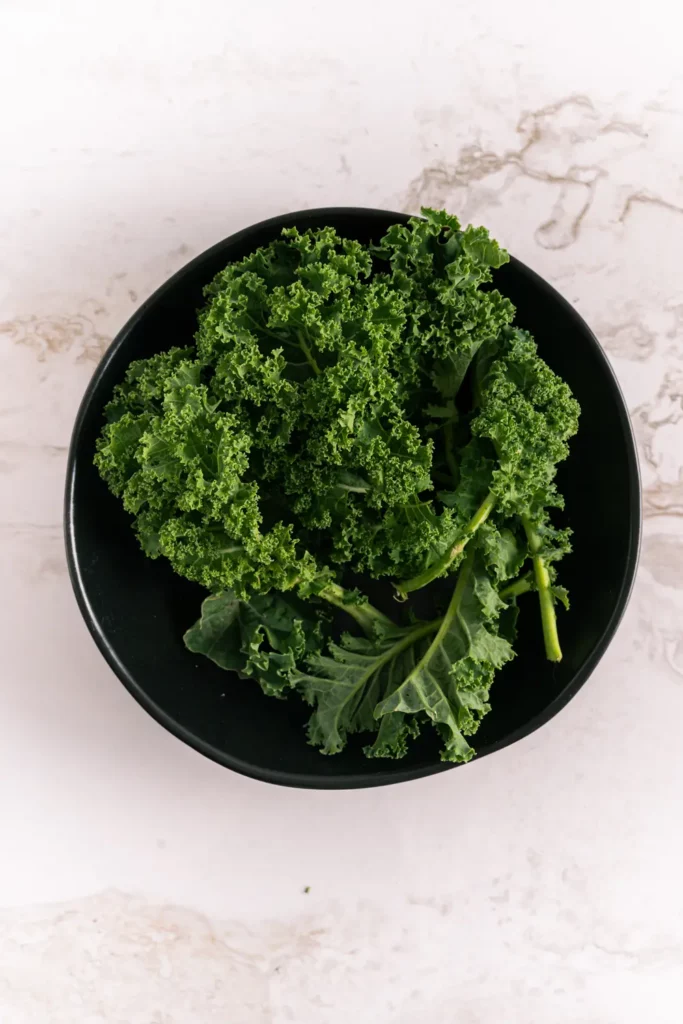
When discussing superfoods, one cannot miss mentioning the leafy green powerhouse, Kale. Renowned for its nutrient-dense profile, Kale is packed with Vitamins A, K, and C, along with minerals like calcium and iron. Its high fiber content aids in digestion and promotes satiety, making it a weight loss-friendly food. Moreover, Kale’s high antioxidant content, including quercetin and kaempferol, helps combat oxidative stress, leading to better overall health. Incorporating Kale into your diet is relatively easy. You can toss it in your salads, blend it in a green smoothie, or lightly sauté it with some garlic for a quick, nutritious side dish.
Berries
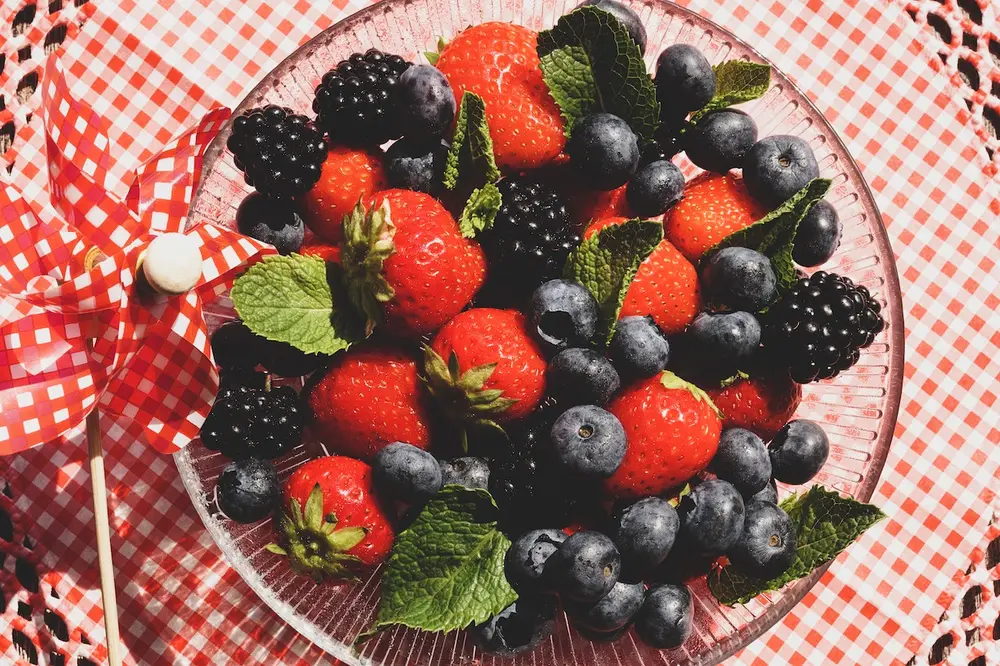
Next on the superfoods list are Berries, nature’s sweet and tangy gift. Blueberries, raspberries, strawberries, and acai berries are just a few examples teeming with vital nutrients. Berries are rich in fiber, vitamin C, and manganese, alongside being exceptional sources of antioxidants. These antioxidants help reduce inflammation, lower cholesterol levels, and ward off other health conditions. Berries are also lower in calories but high in water, which makes them a smart choice for those watching their weight. The versatility of berries allows them to be a great addition to your diet – from topping your breakfast cereal or yogurt to being an essential ingredient in smoothies or desserts.
Quinoa
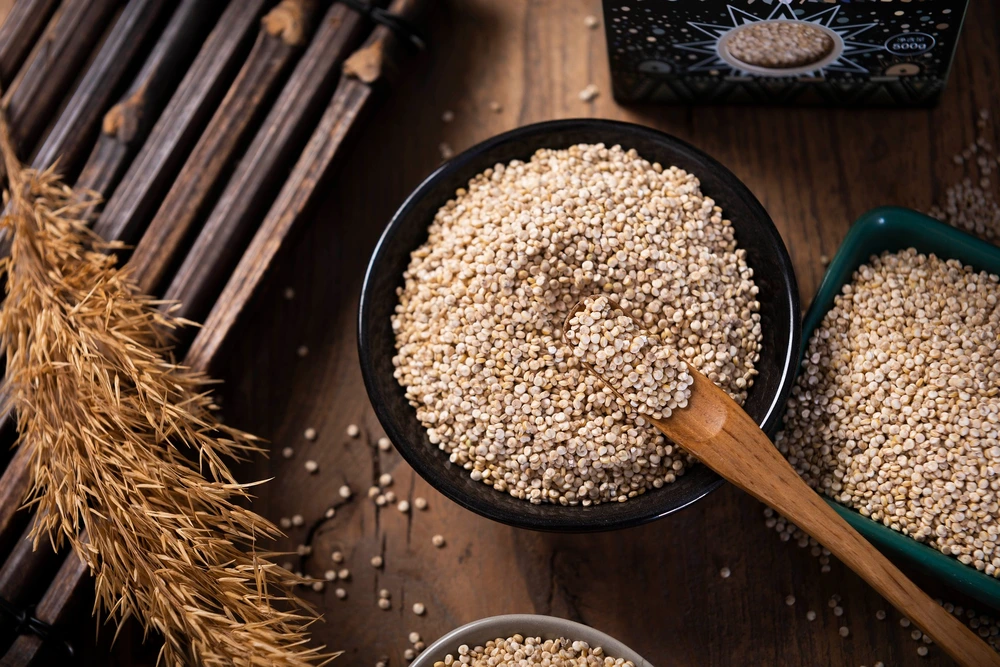
Quinoa, often described as a ‘complete protein,’ is a superfood that deserves a spot on your plate. As a rare plant food that contains all nine essential amino acids, it’s particularly beneficial for vegetarians and vegans. It’s also an excellent source of fiber, magnesium, B-vitamins, iron, potassium, and vitamin E. Quinoa’s high protein content aids muscle growth and repair, and its fiber content supports digestion and weight management. As a gluten-free grain, Quinoa is a fantastic alternative for people with gluten intolerance. To integrate Quinoa into your meals, you can use it as a base in salads, as a substitute for rice, or even add it to your homemade veggie burgers for an extra protein punch.
Spinach
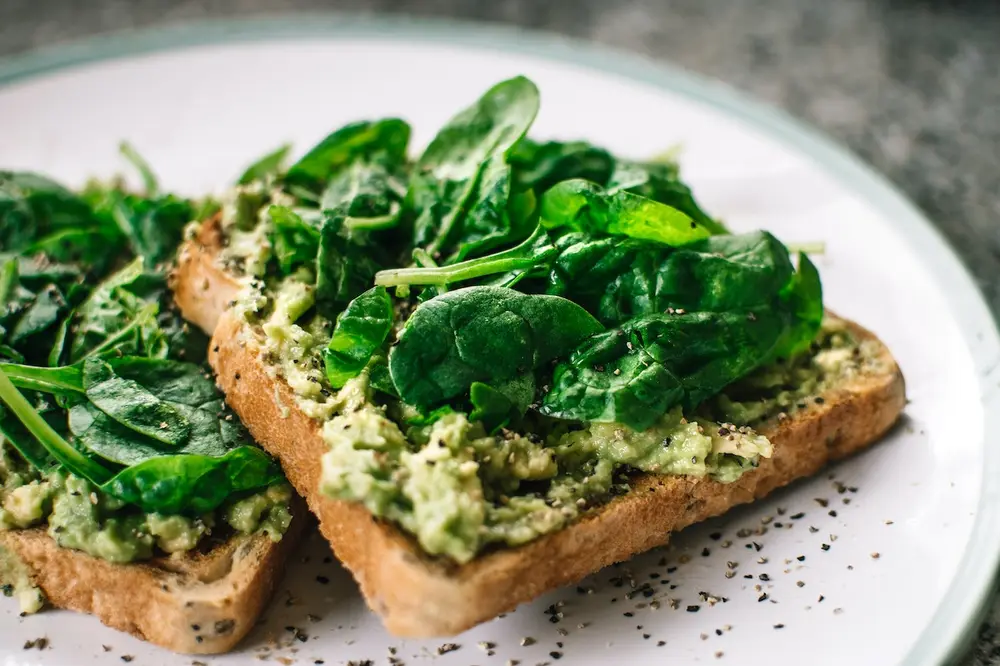
Spinach, a leafy green vegetable familiar to us all, is a classic superfood loaded with goodness. It’s an excellent source of vitamins A, C, K, and folate, as well as minerals like iron and calcium. The high fiber content in spinach supports good digestive health, while its rich iron content helps to deliver oxygen to the body’s tissues, boosting energy and strength. Spinach also contains compounds like lutein and zeaxanthin, which are essential for eye health. Incorporating spinach into your diet can be as simple as adding it to your salad, blending it in a green smoothie, or sautéing it as a side dish for your meals.
Almonds
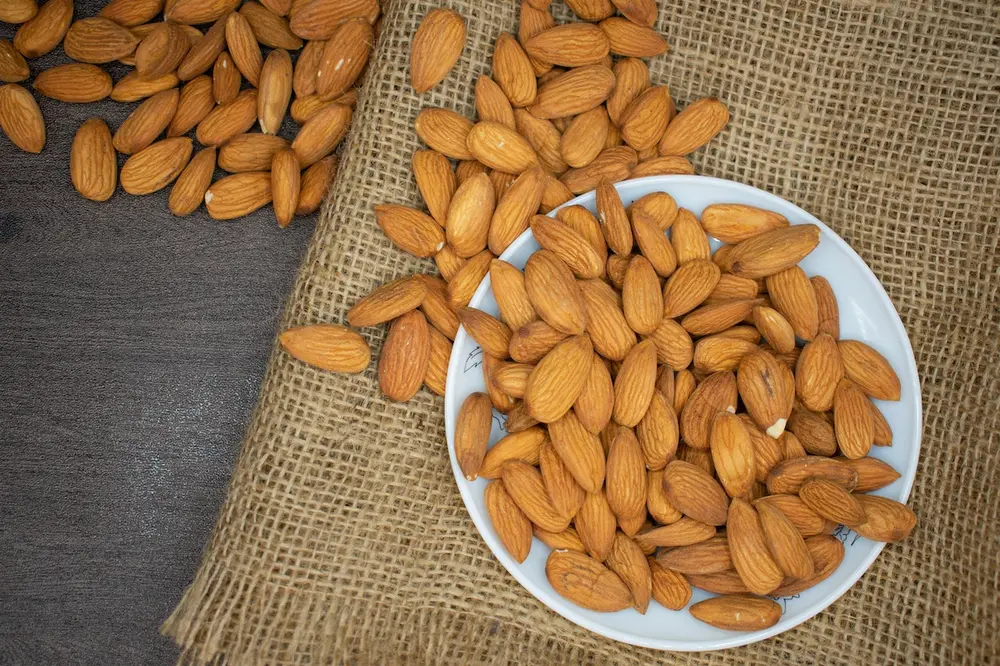
Almonds are nutrient-dense nuts known for their many health benefits. High in monounsaturated fats, fiber, protein, and various important nutrients, almonds are a great addition to your diet. The heart-healthy fats help reduce bad cholesterol levels, the fiber aids in digestion, and the protein contributes to muscle repair and growth. Additionally, almonds are an excellent source of vitamin E, a potent antioxidant. Almonds can be eaten raw as a nutritious snack, added to your morning cereal or yogurt, or used as a healthy addition to your baked goods.
Chia Seeds
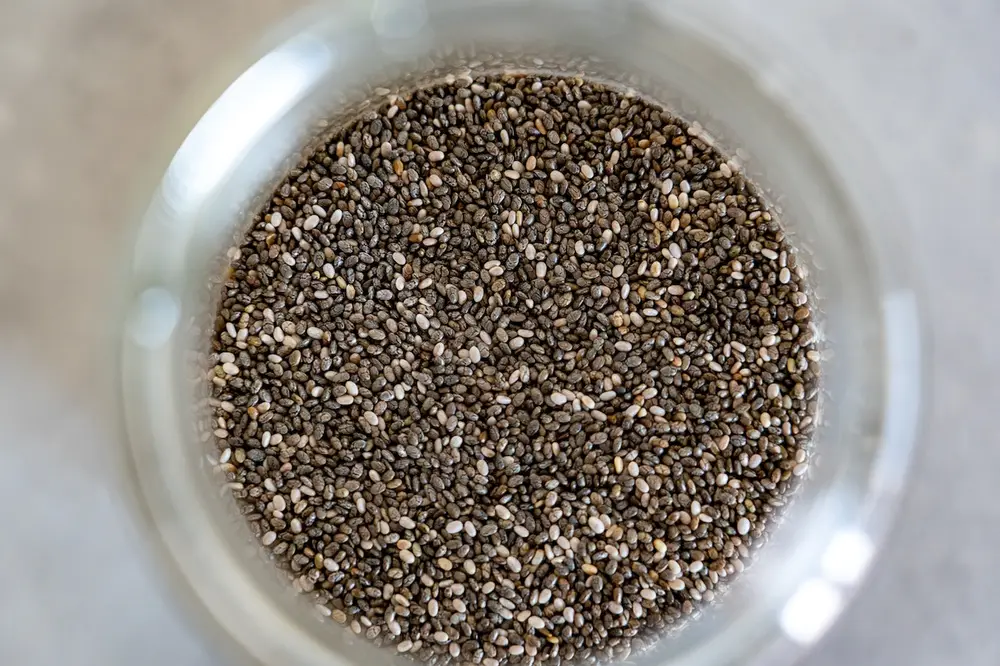
Chia seeds may be small, but they are one of the most nutritious foods on the planet. They are loaded with fiber, protein, omega-3 fatty acids, and various micronutrients. Chia seeds are particularly known for their high fiber content, which can aid in weight loss by making you feel fuller for longer. These tiny seeds also contain large amounts of calcium, phosphorus, and magnesium, promoting bone health. Chia seeds can be sprinkled over your breakfast bowl, added to smoothies, used in baking, or even used as a vegan substitute for eggs in many recipes. Their mild flavor means they can be added to just about anything, making them incredibly easy to incorporate into a variety of meals.
Avocados
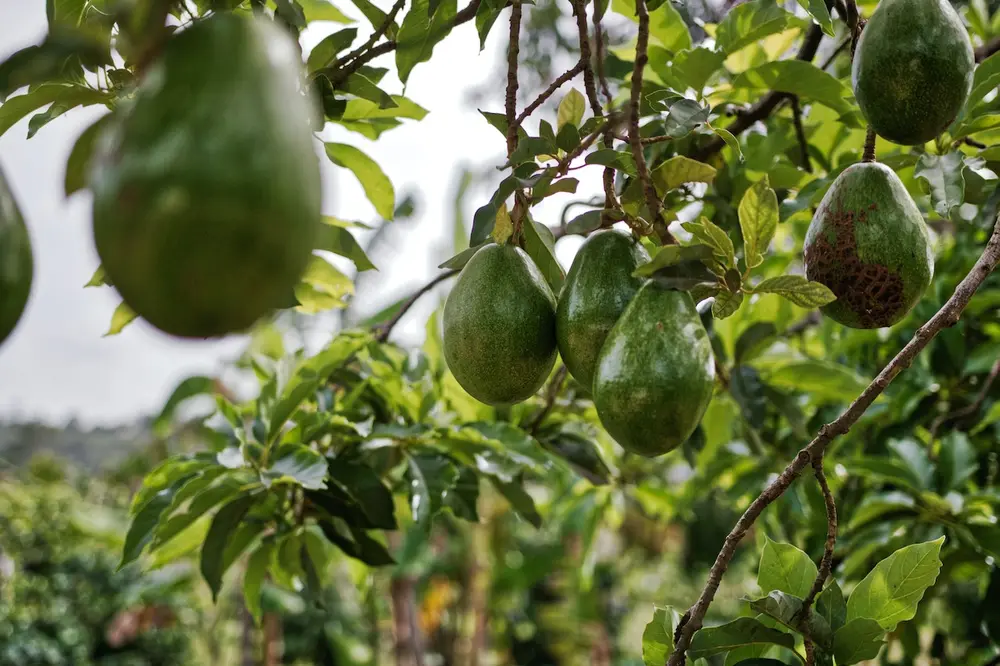
Avocados are a unique and delicious superfood, known primarily for their heart-healthy monounsaturated fats. They are also packed with fiber, helping you feel full and satisfied. Not to mention, they contain more potassium than bananas and are loaded with vitamins C, E, K, and B-6. Regular consumption of avocados can aid in lowering LDL (bad cholesterol) levels while raising the amount of good cholesterol. They can be enjoyed in guacamole, salads, sandwiches, or even smoothies to give a creamy texture.
Turmeric
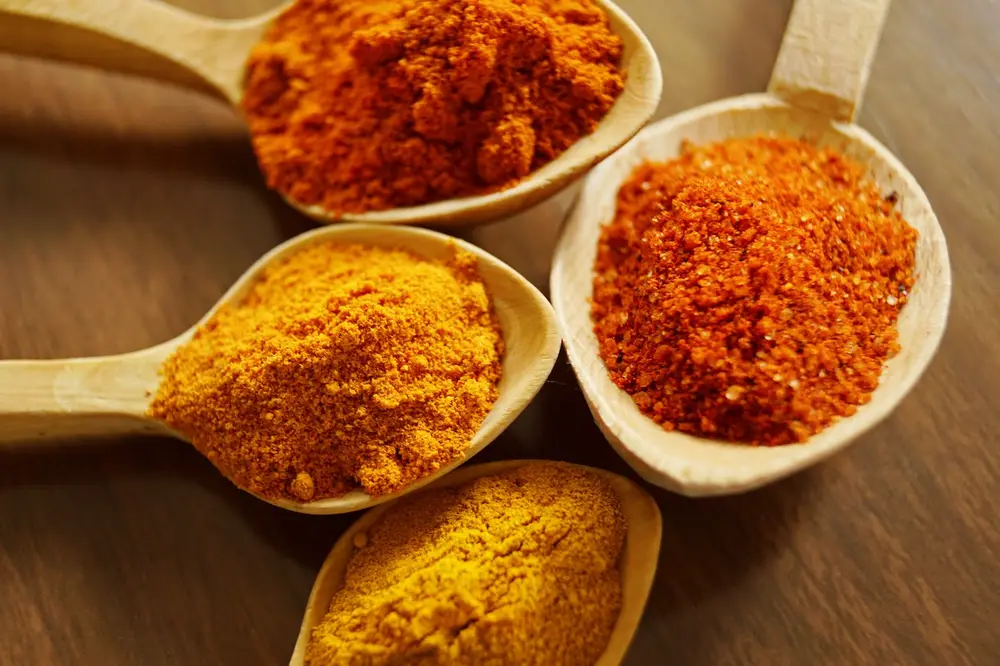
Turmeric, a bright yellow spice commonly used in Asian cuisine, boasts a vast array of health benefits. The primary active ingredient, curcumin, is a powerful antioxidant with anti-inflammatory effects. Curcumin has been linked to improved brain function, lower risk of heart disease, and even benefits against depression. However, it is not easily absorbed in the body, so it is best consumed with black pepper to enhance absorption. You can use turmeric in your cooking, add it to smoothies, or even drink it as a warm turmeric latte or ‘golden milk.’
Ginger
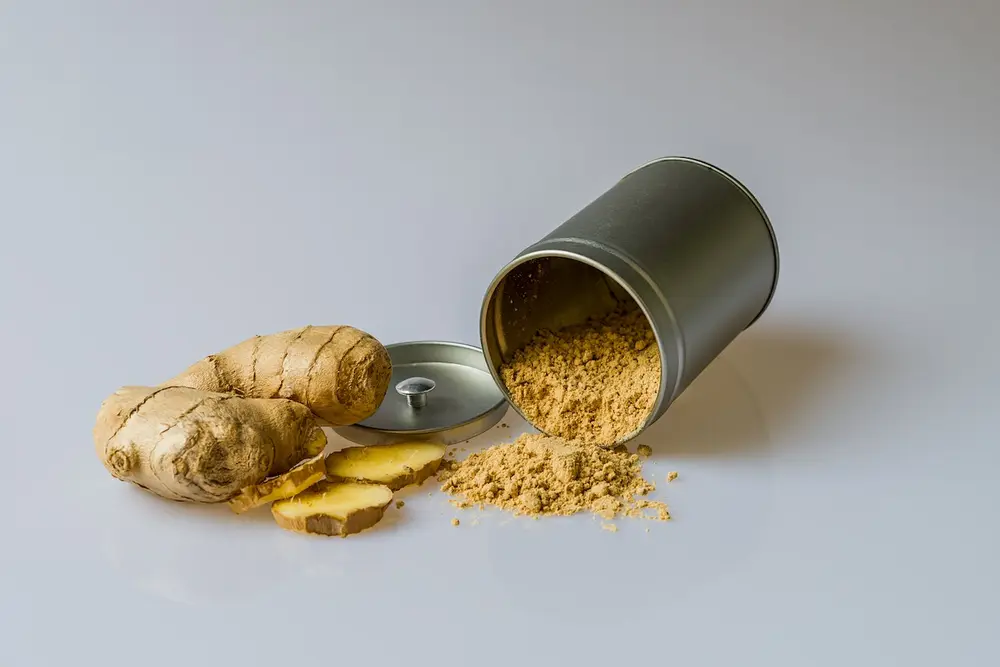
Ginger, like turmeric, is a common ingredient in many Asian dishes and has a long history of use in various forms of traditional and alternative medicine. It is loaded with nutrients and bioactive compounds, including gingerol, which has potent anti-inflammatory and antioxidant effects. Ginger can help with nausea, reduce muscle pain and soreness, and even has anti-diabetic properties. You can grate it into a hot cup of tea, use it in a variety of dishes for a flavor kick, or add it to your smoothies.
Salmon
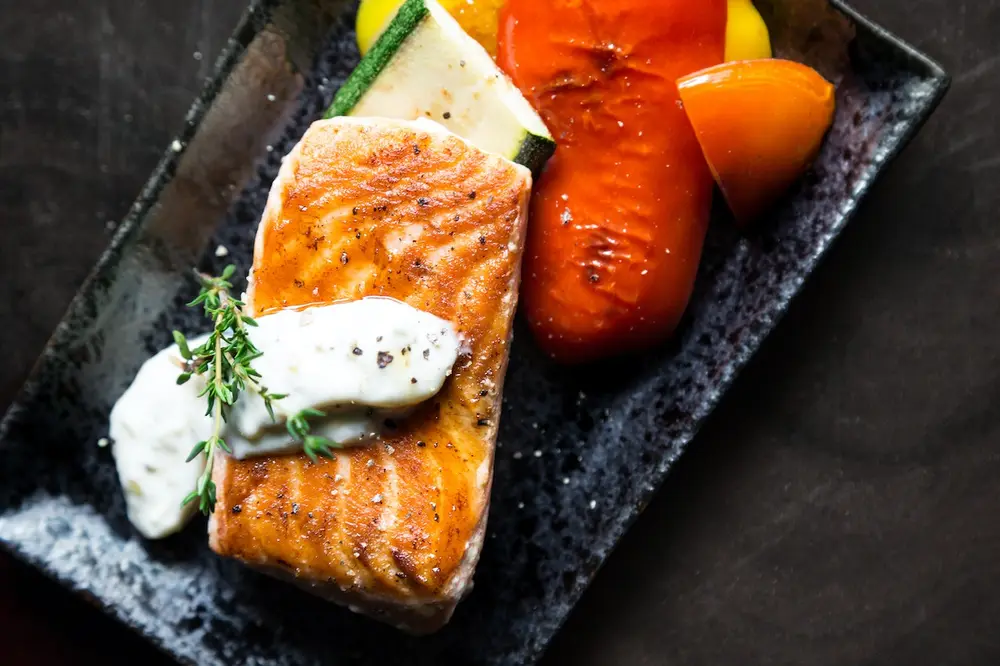
Finally, we have Salmon, a seafood superfood rich in high-quality protein, omega-3 fatty acids, and various essential nutrients, including B vitamins, potassium, and selenium. Regular consumption of salmon can contribute to heart health, aid in weight control, and help reduce inflammation. The high-quality protein in salmon is also great for maintaining muscle mass and bone health. Salmon can be grilled, baked, pan-fried, or even enjoyed raw in sushi. Just remember to opt for wild-caught salmon whenever possible, as it is lower in contaminants and higher in nutrients.
Incorporating Superfoods Into Your Diet For Maximum Benefits

Incorporating superfoods into your daily meals can be a game-changer for your health and wellness, but it does not have to be complex. Start by diversifying your meals to include a variety of these nutrient-packed foods. A handful of almonds or berries can be an excellent snack, or they can be used as toppings for your breakfast cereal or yogurt. Quinoa and spinach can serve as a nutrient-dense base for salads, and chia seeds can be sprinkled over nearly any dish or incorporated into smoothies. Remember, regular and consistent consumption is key to harnessing the power of these superfoods.
Getting creative with recipes can make the process of integrating superfoods into your diet more enjoyable. For instance, whip up a power smoothie with kale, spinach, and berries, or craft a hearty salad with quinoa, avocado, and a sprinkling of almonds and chia seeds. Grilled or baked salmon makes a delicious dinner option, seasoned with anti-inflammatory heroes – turmeric and ginger. If you have a sweet tooth, you can create a chia seed pudding for dessert, flavored with a bit of vanilla and topped with berries.
Another tip is to plan your meals around these superfoods. While they are beneficial, remember that they should complement a balanced diet, not replace it. Include plenty of whole grains, lean proteins, and other fruits and vegetables in your meals alongside these superfoods. Also, remember that superfoods are not a quick fix; incorporating them into your diet should go hand-in-hand with regular exercise and other healthy lifestyle habits. By integrating superfoods into your daily routine and adopting a balanced lifestyle, you’re setting the stage for optimal health and fitness.
Potential Risks And Considerations When Consuming Superfoods

While superfoods can be incredibly beneficial, it is crucial to be aware of potential allergies or intolerances. Certain superfoods like berries, nuts (such as almonds), and seafood (like salmon) are common allergens. If you have any known allergies, it is vital to avoid those particular superfoods, regardless of their nutrient profile. And if you are introducing a new superfood into your diet, it is wise to do so gradually to monitor any adverse reactions.
The principle of a balanced diet cannot be understated when incorporating superfoods into your regimen. While these foods are nutrient-dense, they are not meant to replace other dietary staples. Your diet should still include a variety of fruits, vegetables, lean proteins, and whole grains to ensure you’re getting a wide range of nutrients necessary for your health. Superfoods should supplement this balanced diet, not dominate it.
Lastly, despite their health benefits, superfoods can be harmful when overconsumed. For example, foods like avocados and almonds, while full of beneficial fats, are also high in calories. Eating them in excess could potentially lead to weight gain. Similarly, overconsumption of nutrient-dense seeds like chia could lead to gastrointestinal issues. It is important to enjoy these superfoods in moderation as part of a varied and balanced diet. Remember, the key to optimal health and fitness lies in diversity and balance.
Conclusion

Summing up, the top 10 superfoods, namely kale, berries, quinoa, spinach, almonds, chia seeds, avocados, turmeric, ginger, and salmon, stand out due to their dense nutrient profiles and assorted health benefits. These foods bring a wealth of vitamins, minerals, and other vital nutrients to the table that are key for overall health and fitness.
Embracing these superfoods in your daily meals can be a practical step towards enhancing your well-being. These foods offer a wide array of nutrients that can improve digestive health, boost the immune system, aid in weight management, and promote heart health among many other benefits.
In conclusion, let these superfoods be your allies on your health journey. Regularly incorporate them into your balanced diet, and they can truly assist in optimizing your health and fitness. Remember, your health is an investment, not an expense. Make the choice today for a healthier tomorrow.
Read more here